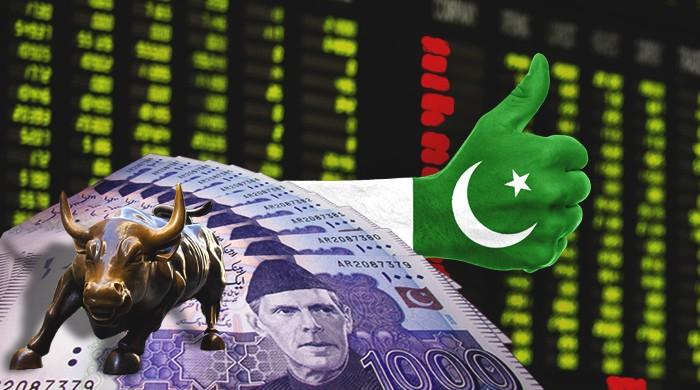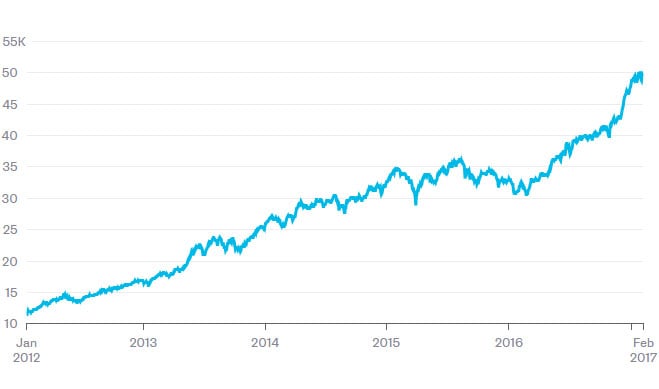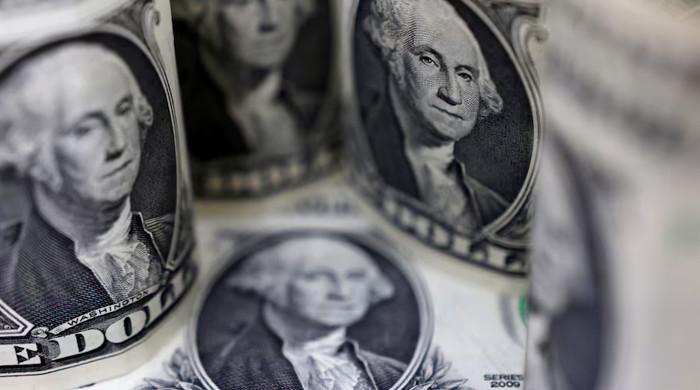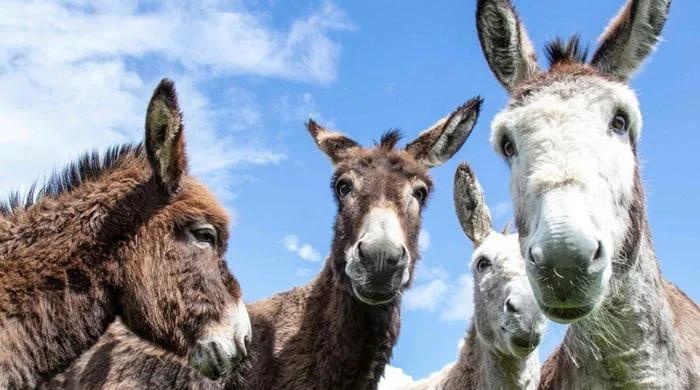Pakistan, a clear winner in most underrated economies: Bloomberg
What remains to be seen is how Pakistan, if it does realize its capabilities, will utilize its resources and advance further
February 07, 2017

2016 was a year of many ups and downs. However, a key element most people fail to see when gauging a year is the economic and business performance of the country.
In his article 'Pakistan's Economy Is a Pleasant Surprise', Bloomberg’s Tyler Cowen discusses how astonishing and unappreciated Pakistani economy really is. According to the analyst, the label ‘most underrated economy of the year’ is as likely to be bagged by “an ailing country with an excessively bad reputation or maybe to a known star with virtues beyond what people understand.”
Pakistan, he says, does not have a flattering image around the world. Stories of terror, domestic abuse, bombings, violated rights, and many other horrific happenings from the country have earned it a bad reputation. This is the reason why top Google searches at present, according to Cowen, are linked “either to terrorism issues or to the possible extension of President Donald Trump’s travel ban.”
The highlight from Cowen’s analysis was the stock market performance, wherein he noted that Pakistan Stock Exchange (PSX) gained a hefty 46 percent in 2016, and is still continuing on its growth trajectory. A consortium of Chinese companies purchased a significant stake in PSX.

(source: Bloomberg)
The country was also recently reassigned its MSCI Emerging Markets status, which is to be officiated in May.
Many other economic indicators have been sending off green signals as well.
GDP, or gross domestic product, is well on its way towards five percent, which is something commendable for an economy such as Pakistan. Acts of terrorism resulting in deaths have fallen by more than 65 percent, while poverty rate has decreased almost 50 percent as well.
Foreign exchange reserves are on the mend, although the debt-to-GDP ratio still stands at 60 percent, having benefitted from IMF’s aids and programs.
(source: tradingeconomics.com)
Inflation, according to Cowen, is also not a big issue either, since it fell from 4.02 percent in January 2016 to 3.66 percent in December 2016, bottoming at 17 percent and peaking at 4.21 percent in May and October, respectively.
In terms of living standards, nearly half of the Pakistanis now have a washing machine in their homes, a robust surge against 13 percent in early 90s.
Nevertheless, not all is rainbows and unicorns either as mentioned in the start. Education still lags behind considerably as do exports and investment. Political strategy and leadership, Cowen says, has “improved but [is] still far from ideal.”
Among the beacons of light stands the China Pakistan Economic Corridor (CPEC), but that, for now, is intangible.
The pace of Pakistan’s progress is a concern – positive or negative – since the lives of around 200 million citizens are shaped by local policies and development. Nuclear status is another factor that keeps the country in limelight, along with the fact that its strategic geographical location turns it into a key aspect of the South Asian region.
The author believes, citing Switzerland and its current economic position as the comparison, that Pakistan has substantial potential to evolve and move forward. What remains to be seen is how Pakistan, if it does realize its capabilities, will utilize its resources and advance further.











